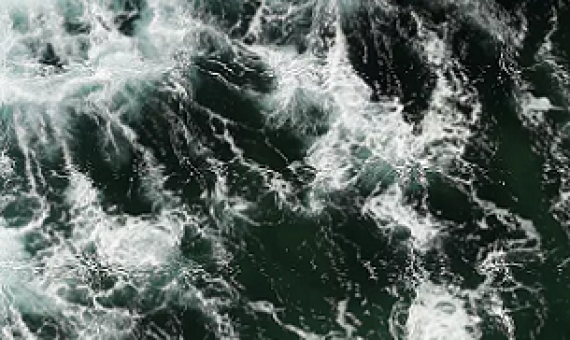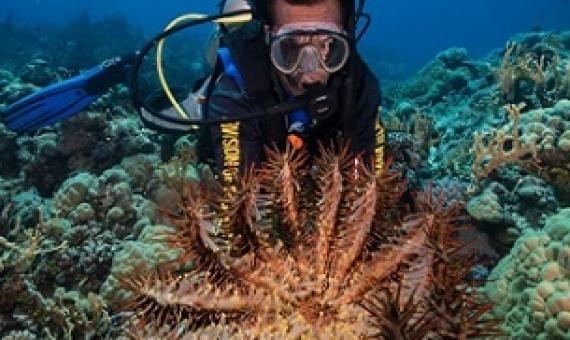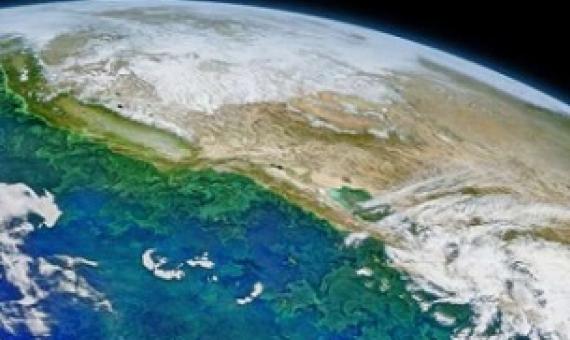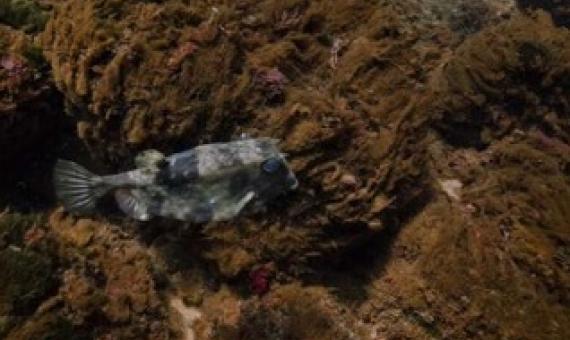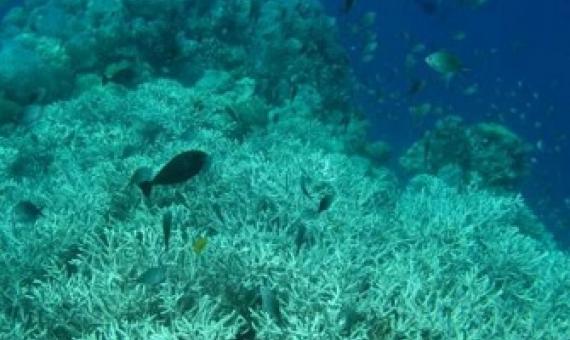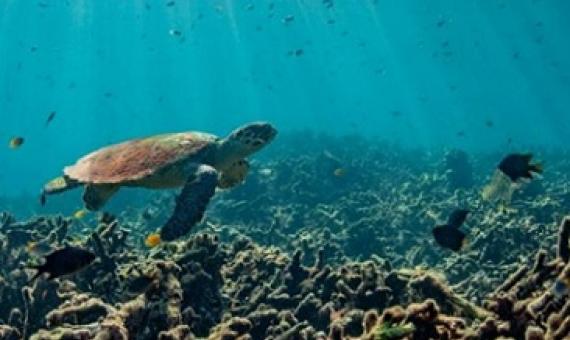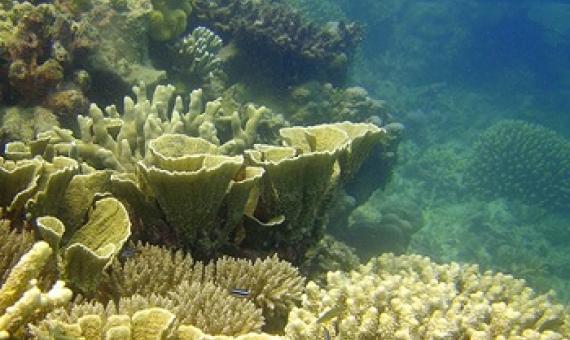While ocean acidification was initially perceived as a threat only to the marine realm, the authors of a new publication argue that it is also an emerging human health issue...In a recent article in the International Journal of Environmental Research and Public Health, scientists lo
A new study by the Marine Laboratory at the University of Guam may help researchers predict coral bleaching months earlier than current methods, and may even help predict the invasion of coral-eating crown-of-thorns starfish, according to a press release from the University of Guam.
A team of fisheries scientists and marine policy experts, led by a University of Rhode Island researcher, examined how climate change is affecting the ocean environment and found that the changing conditions will likely result in increased fisheries-related conflicts and create new challenges in
CU Boulder researchers have developed a method that could enable scientists to accurately forecast ocean acidity up to five years in advance.
Rising carbon dioxide in the atmosphere and the consequent changes created through ocean acidification will cause severe ecosystem effects, impacting reef-forming habitats and the associated fish, according to new research.
The existence of coral reefs, in all their abundant biodiversity and beauty, relies largely on a complex symbiosis between reef-building corals and microalgae.
Humanity is waking up to the crisis happening in our oceans. Warming and rising seas, acidification, plummeting fish stocks, and pollution are finding more space in newspapers and on political agendas. For small island states such as Palau, however, no such awakening was needed.
“Time is running out”, stressed Carolina Schmidt, Chile’s Environment and Climate Minister, in a video address before 2019’s Climate Conference COP25 last December. “There cannot be an effective global response to climate change without a global response on ocean issues,” she added.
he Pacific Ocean is becoming more acidic, and the cash-crabs that live in its coastal waters are some of its first inhabitants to feel its effects.
For the first time, researchers have studied the impact of ocean acidification on coral reefs with a device that allows them to increase levels of carbon dioxide on living coral for months at a time.

